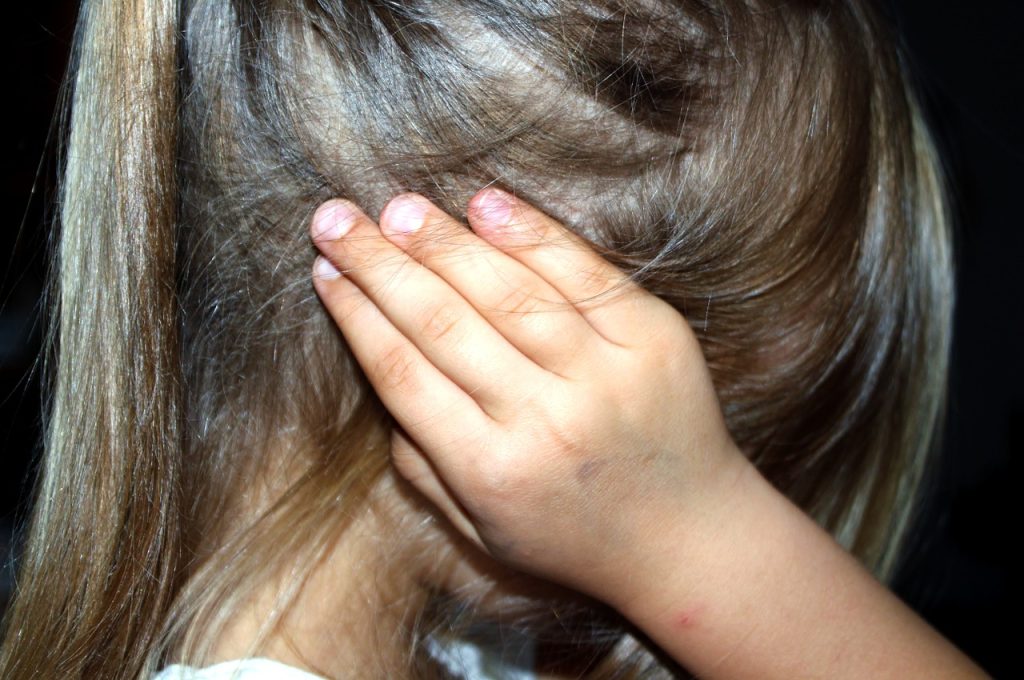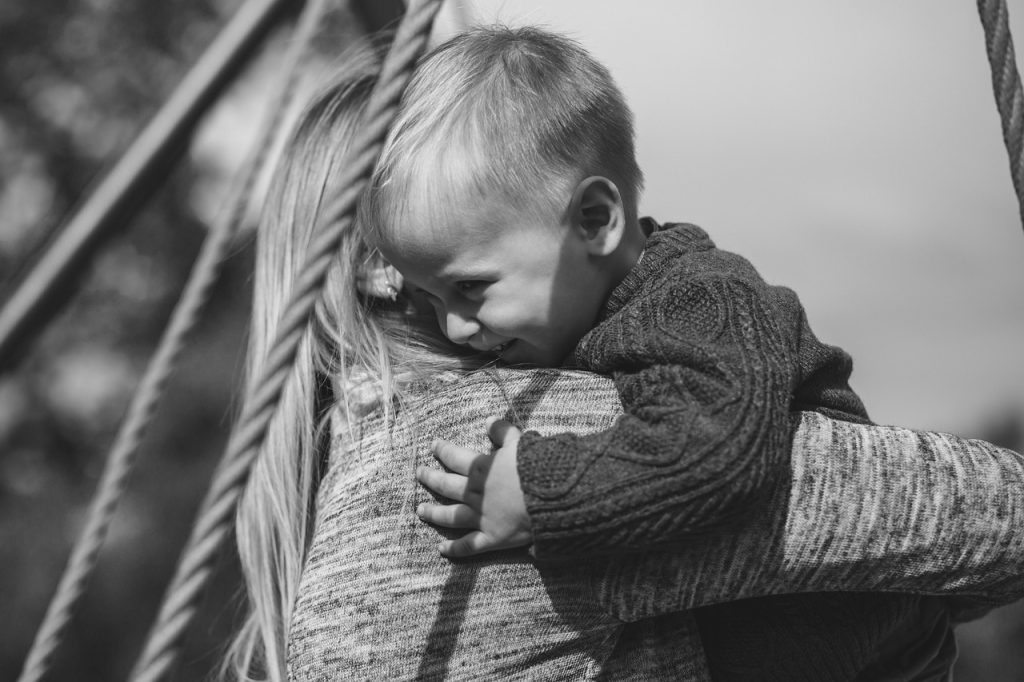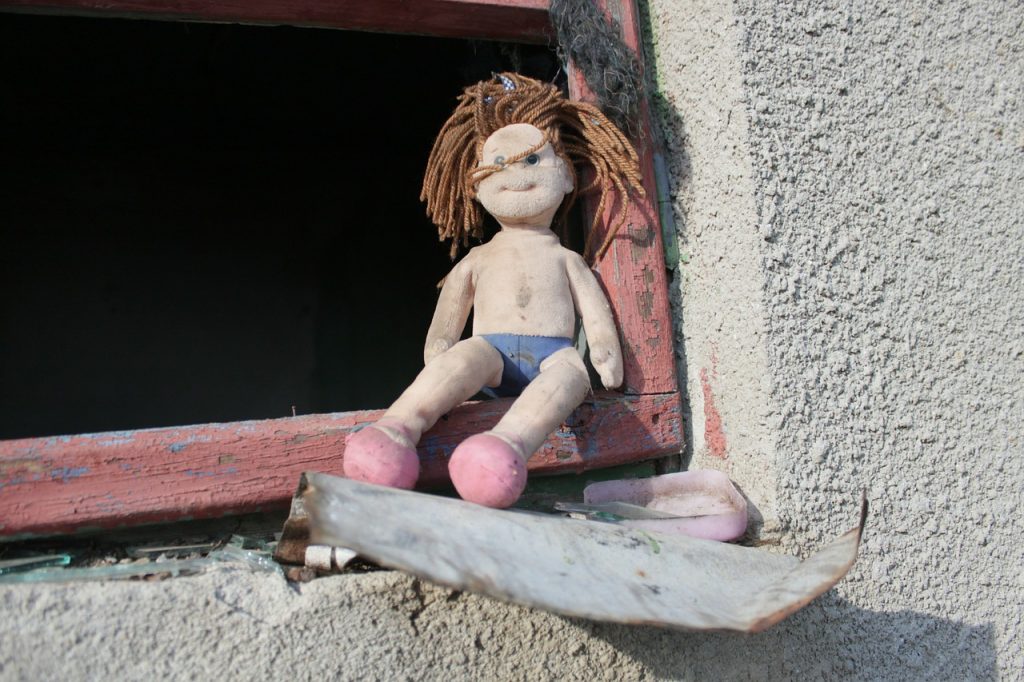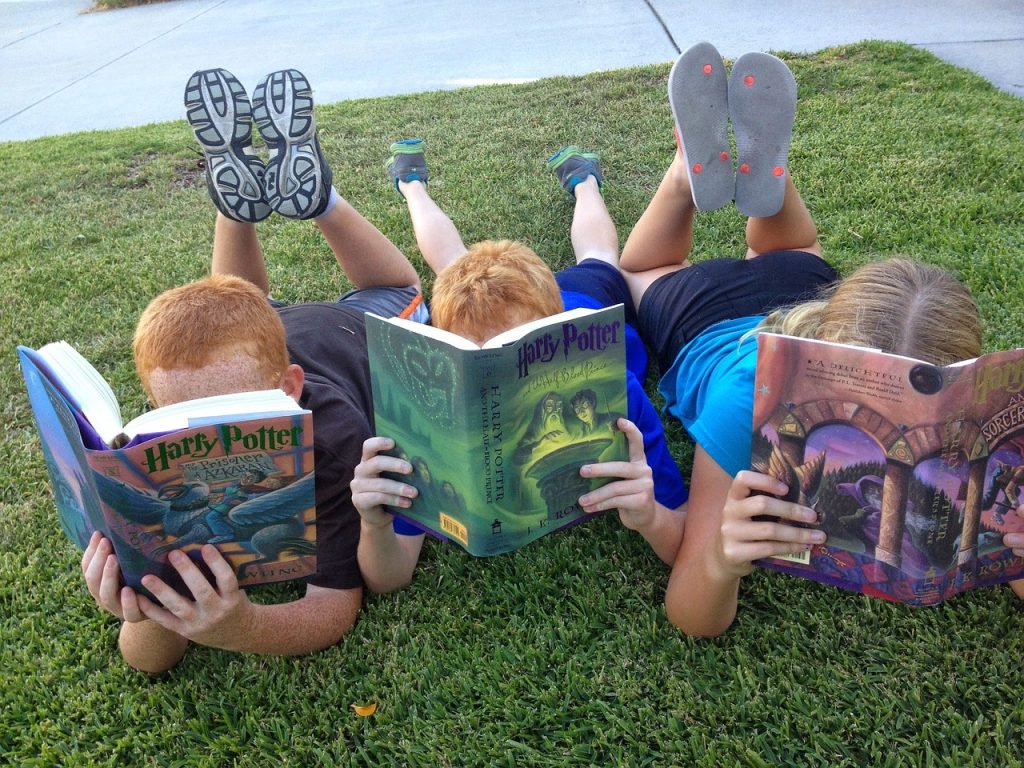The topic of gender stereotyping with regards to children has been gaining a lot of traction in the news and online. You’ve probably already seen at least one article, video or news feature on this topic.
But what is it?
Gender stereotyping is associating certain expectations or ideals depending upon someone’s gender. In relation to children, this could be that typically, girls should like the colour pink and should play with dolls and kitchen sets, whereas boys should like the colour blue and should be more physical in their play, making mess or playing with action figures and video games.
Continue reading “Gender Stereotyping – What Is It and How to Avoid It”











